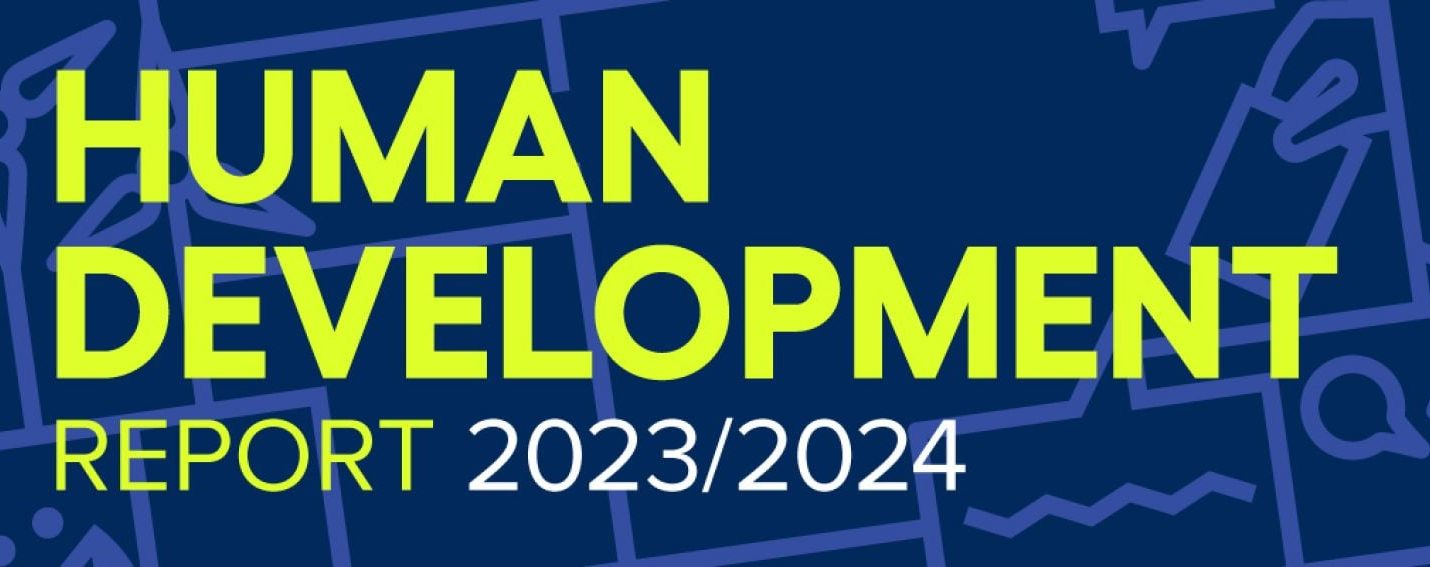
Water Conservation: 7 Simple Ways to Save Water at Home and in Your Business
Water is one of our most precious resources, yet it is often wasted without thought. ...

Projections from the United Nations Development Program (UNDP) Human Climate Horizons platform show that under moderate mitigation to very high emissions scenarios about 40-190 million people are expected to die because of higher temperatures from now to the end of the century.
The impacts are projected to be highly unequal with some regions; such as the Arab States, South Asia and Sub-Saharan Africa, expected to see sharp increases in death rates, while other more developed countries; such as Western Europe and North America, expected to experience a net reduction in death rates, according to the 2023/24 Human Development Report (HDR), titled “Breaking the Gridlock: Reimagining cooperation in a polarized world”.
The human development costs of mismanaging interdependence associated with climate change are expected to be high and growing, the report said, highlighting that 2023 has been the hottest ever—at least since 1880, when global temperatures were first recorded.
At the midpoint to the 2030 Agenda on Sustainable Development, progress has stalled or reversed for 30 percent of the SDG targets and is weak or insufficient for another 50 percent. The world is more off track in progress towards the SDGs than four years ago and is regressing on key goals on climate action, biodiversity loss, food security, poverty, inequality and gender inequality. For example, Covid-19 pandemic delivered the largest setbacks to poverty in decades. For the first time in two decades, poverty trends reversed.
The 2023/24 Human Development Report (HDR), titled “Breaking the Gridlock: Reimagining cooperation in a polarized world”, revealed a troubling trend: the rebound in the global Human Development Index (HDI) which is projected to reach record highs in 2023 after steep declines during 2020 and 2021. But this progress is deeply uneven. Rich countries are experiencing record-high levels of human development while half of the world’s poorest countries remain below their pre-crisis level of progress.
Global inequalities are compounded by substantial economic concentration. As referenced in the report, almost 40 percent of global trade in goods is concentrated in three or fewer countries; and in 2021 the market capitalization of each of the three largest tech companies in the world surpassed the Gross Domestic Product (GDP) of more than 90 percent of countries that year.
“The widening human development gap revealed by the report shows that the two-decade trend of steadily reducing inequalities between wealthy and poor nations is now in reverse. Despite our deeply interconnected global societies, we are falling short. We must leverage our interdependence as well as our capacities to address our shared and existential challenges and ensure people’s aspirations are met,” said Achim Steiner, head of the UN Development Program. “This gridlock carries a significant human toll. The failure of collective action to advance action on climate change, digitalization or poverty and inequality not only hinders human development but also worsens polarization and further erodes trust in people and institutions worldwide.”
The report argued that political polarization is also a growing concern with global repercussions. Along with a sense of powerlessness, report authors say, it is fuelling inward-turning policy approaches – starkly at odds with the global cooperation needed to address urgent issues like the decarbonization of world economies, misuse of digital technologies, and conflict.
This is particularly alarming in light of 2023’s record-breaking temperatures, which emphasize the immediate need for united action to tackle the climate crisis, or in the advent of artificial intelligence as a new and fast-evolving technological frontier with little or no regulatory guard rails.
The report highlighted that deglobalization is neither feasible nor realistic in today’s world and that economic interdependence remains high. It points out that no region is close to self-sufficiency, as all rely on imports from other regions of 25 percent or more of at least one major type of goods and services.
“In a world marked by increasing polarization and division, neglecting to invest in each other poses a serious threat to our wellbeing and security. Protectionist approaches cannot address the complex, interconnected challenges we face, including pandemic prevention, climate change, and digital regulation,” Steiner added. “Our problems are intertwined, requiring equally interconnected solutions.
By adopting an opportunity-driven agenda that emphasizes the benefits of the energy transition and of artificial intelligence for human development, we have a chance to break through the current deadlock and reignite a commitment to a shared future.”
In 2023, all 38 countries that are members of the Organization for Economic Co-operation and Development (OECD) achieved higher Human Development Index (HDI) scores compared to their levels in 2019.
Among the 35 least developed countries (LDCs) that experienced a decline in their HDI in 2020 and/or 2021, more than half (18 countries) have not yet recovered to their human development levels of 2019.
All developing regions have not met their anticipated HDI levels based on the trend before 2019. It appears they have shifted to a lower HDI trajectory, indicating potential permanent setbacks in future human development progress.
The report cites research indicating that countries with populist governments have lower GDP- growth rates. Fifteen years after a populist government assumes office, the GDP per capita is found to be 10 percent lower than it might under a non-populist government scenario.
اترك تعليقا